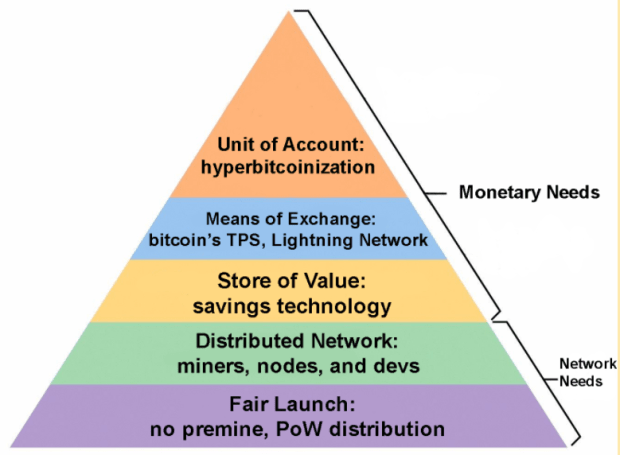Former Chainalysis CTO Selected To Lead FinCEN, Signaling New Bitcoin Regulations
In selecting a former blockchain analysis executive to lead the agency, FinCEN has signaled that it wants to increase Bitcoin regulations.
Michael Mosier, who led blockchain analysis firm Chainalysis as its chief technology officer from June 2019 to February 2020, has been selected as the incoming acting director of the Financial Crimes Enforcement Network (FinCEN).
Mosier has held a litany of financial regulatory roles, including as a counselor to the Deputy Secretary of the Treasury, deputy director and digital innovation officer of FinCEN, associate director at the U.S. Treasury’s Office of Foregin Assets Control and deputy chief in the U.S. Department of Justice’s Money Laundering & Asset Recovery Section. But this latest transition from Chainalysis to FinCEN underscores the latter agency’s recent and likely-to-continue emphasis on regulating blockchain-based digital assets.
Chainalysis is the world’s leading blockchain analysis firm, offering services that help trace the origin and movement of bitcoin, among other assets. With help from groups like Chainalysis, regulators can attempt to determine if bitcoin has been used for purposes that they deem to be illicit. With the recent growth of assets like BTC and regulators’ increasing desire to monitor their use, firms like Chainalysis are poised to grow — in fact, Chainalysis recently raised $100 million at a valuation of more than $2 billion.
Meanwhile, FinCEN has signaled that it wants to more tightly regulate the use of decentralized assets like bitcoin. In December 2020, it proposed a rule that would require KYC measures when users withdraw bitcoin to “self-hosted” wallets, for instance. With incoming leadership from a proven blockchain analysis executive like Mosier, it seems more than likely that the agency’s efforts to stymie free and open use of Bitcoin will grow.









